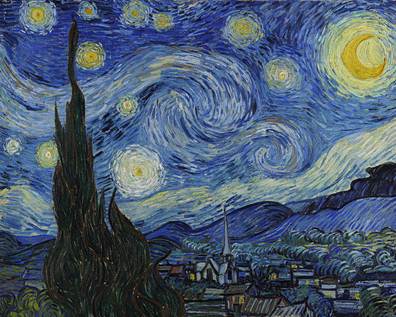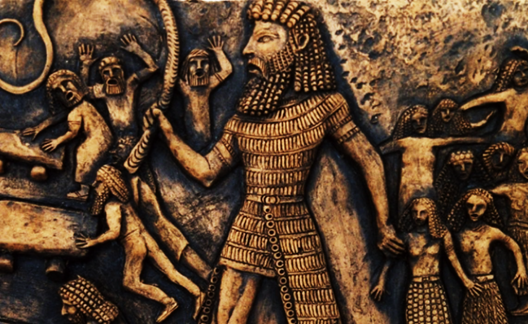What’s It All About, Alfie
I’m teaching a couple of world religion classes this semester. Interestingly, this week we are dealing with Christianity. I discussed the issue of heaven and hell in both classes. Hell fascinated a couple of students. Perhaps, this painting by the Dutch artist, Hieronymus Bosch, was what he thought hell looked like in the 16th century.

An angel is leading a soul into hell.
I’m also intrigued by the duality of the concept of heaven and hell not only within Christianity but in other faiths. The heaven and hell mindset predated Christianity by several millennia. The idea of hell was a part of Mesopotamian mythology and discussed in The Epic of Gilgamesh. In ancient Greece, Homer’s Odyssey addressed it.
In biblical times, the Hebrews used various terms for what we refer to as hell. One was Gehenna. It was located outside Jerusalem and was the city’s garbage dump. They burned so much garbage at Gehenna the Jerusalem garbage dump burned continuously.
In Luke 16:23-24, there is the story of the Rich Man and Lazarus.
In Hades, where he was in torment, the rich man looked up and saw Abraham far away, with Lazarus by his side. So he called to him, “Father Abraham, have pity on me and send Lazarus to dip the tip of his finger in water and cool my tongue because I am in agony in this fire." But Abraham replied, “Son, remember that in your lifetime you received your good things, while Lazarus received bad things, but now he is comforted here and you are in agony."
Many more examples in the Christian apocryphal texts talk about what hell was like. The Apocalypse of Peter along with the Apocalypse of Paul are some apocryphal writings that talk about hell.
So, what’s it all about, Alfie? This is my spin on the Christian concept of hell even though my mindset would apply it to all religions with their version of hell. I have a litany of issues having to do with hell. Here are the three major theological problems with hell.
It just seems contradictory and demeans God. The New Testament sees God as loving and caring. Yet, hell and eternal damnation seem a bit of a divine stretch. For example, while I’m not God, I have a problem with a loving God who wants us to love our neighbor and won’t do the same at the divine level. If I were God, I would at least obey the rules that I gave my believers. Things like not killing and loving your neighbor. This creates the absurdity of doing as God says, but not as God does.
I also question the effectiveness of threatening people with eternal damnation. I don’t see any factual evidence that scaring people works. Trump and Putin weren’t dissuaded by threatening them with fire and brimstone. The word brimstone means sulfur, which has a horrific smell. Therefore, sinners will suffer the pains of burning and the nauseous smell of sulfur.
Like Trump and Putin, the autocrats of this world haven’t been deterred or dissuaded by fire and brimstone. On the contrary, they seem indifferent to the threat. People in that group use the threat of some hell to kowtow the world into obedience to them. January 6th was Trump’s defiant assertion, “You will hell unless you overturn the election.” The Ukrainians infuriate Putin by not giving their country to him. He warned them, and they disobeyed him. Now, women, children, and the elderly are suffering as they live in the hell Putin created.
Perhaps, God didn’t produce the notion of hell. Maybe, religious leaders have used the idea of going to hell to control Christians. It boils down to a Kierkegaardian either/or question. Either God is some diabolical deity, or humans are the demonic ones. You decide by thinking first. Then you decide with is correct. The way you choose will change your life.
Follow @mountain_and_me













